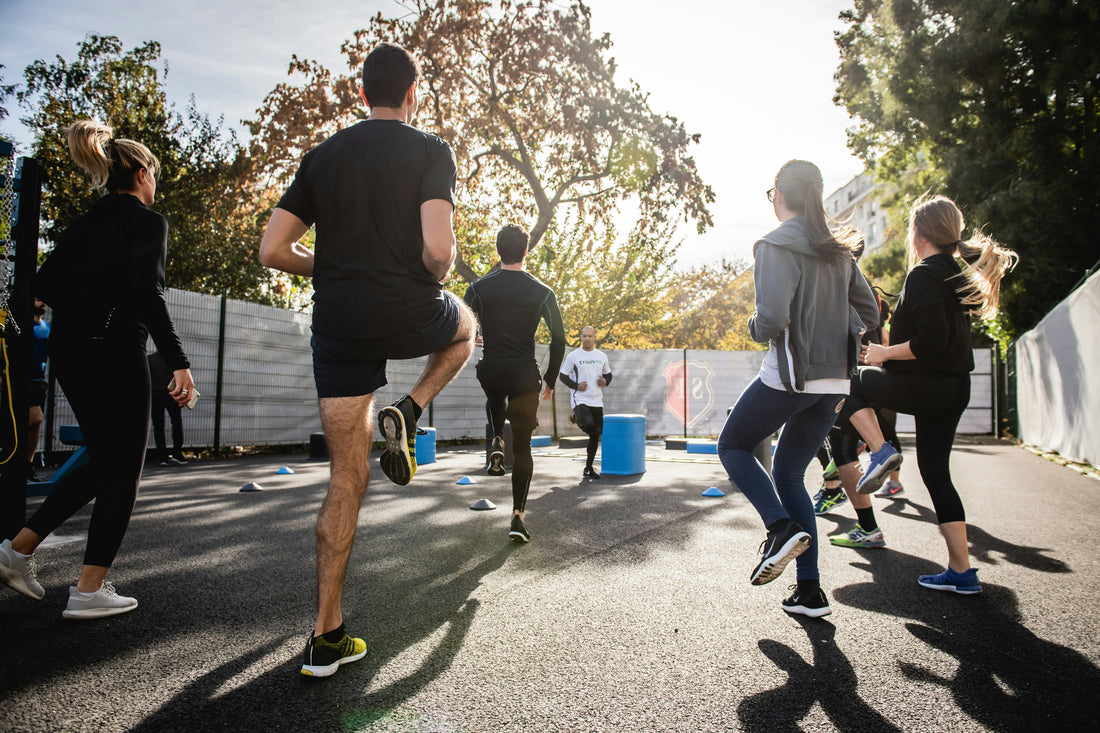We all know breathing keeps us alive—but can it also help keep us well? Emerging science suggests that the way we breathe can significantly influence our immune system, helping to regulate inflammation, improve resilience to illness, and even modulate how our body responds to infection.
In this article, we explore the growing body of research connecting breathwork and immunity, the physiological mechanisms involved, and how you can use simple breathing techniques to support your immune health.
The Breath-Immune Connection
Breathing affects the autonomic nervous system (ANS)—the control center for automatic bodily functions like heart rate, digestion, and immune regulation. When we practice slow, controlled breathing, we stimulate the parasympathetic nervous system, also known as the "rest-and-digest" branch. This shift not only calms the mind, but it also:
- Lowers stress hormone levels (like cortisol)
- Increases circulation to immune-related organs (like the spleen and lymph nodes)
- Enhances vagal tone, which influences inflammation control and cytokine regulation
“Breath is the bridge between the immune and nervous systems. It’s where mind, body, and resilience meet.”
— Journal of Immunology Research
How Stress Impacts Immunity—and Breath Can Help
Chronic stress is one of the most potent suppressors of immune function. It increases inflammation, reduces lymphocyte activity (your white blood cell defenders), and makes you more susceptible to colds, flu, and chronic illness.
Controlled breathing reduces the sympathetic (fight-or-flight) response, helping to downregulate inflammation and improve immune surveillance.
In fact, research shows that just 10 minutes of slow breathing a day can reduce stress-related inflammatory markers like interleukin-6 (IL-6) and C-reactive protein (CRP).
The Wim Hof Study: Immune Control Through Breath
One of the most compelling examples of breath’s impact on immunity comes from a 2014 study published in PNAS (Kox et al.). Participants trained in the Wim Hof Method—which combines deep breathing, breath holds, and cold exposure—showed:
- Increased production of anti-inflammatory cytokines
- Decreased inflammatory response to injected endotoxins
- Enhanced release of epinephrine, which mobilizes immune activity
This landmark study challenged long-held beliefs that humans couldn’t consciously influence their innate immune system.
Breathing Techniques to Support Immunity
Resonance Breathing
- 5–6 breaths per minute (inhale 5 seconds, exhale 5 seconds)
- Boosts HRV and reduces systemic inflammation
4-7-8 Breathing
- Inhale for 4 → hold for 7 → exhale for 8
- Promotes parasympathetic activity and lowers cortisol
Humming Breath (Bhramari Pranayama)
- Increases nasal nitric oxide, a molecule with antiviral, antibacterial, and bronchodilating effects
- Supports sinus health and airway defense
Alternate Nostril Breathing (Nadi Shodhana)
- Balances autonomic nervous function
- Enhances respiratory coherence and immune readiness
Supporting Breath-Driven Immunity with Lifestyle
- Nasal breathing filters pathogens and supports nitric oxide production
- Good sleep enhances respiratory-immune recovery cycles
- Hydration keeps mucosal barriers moist and effective
- Anti-inflammatory diet supports respiratory microbiome and immune balance
Who Can Benefit?
- Individuals with chronic inflammatory conditions
- Those recovering from respiratory infections (e.g., flu, COVID-19)
- Athletes undergoing intense training stress
- People experiencing chronic stress, burnout, or anxiety
- Anyone looking to build foundational resilience
Final Thoughts
Breathing is your first and most immediate immune support system. By learning to control it, you gain access to one of the most powerful tools for regulating stress, reducing inflammation, and enhancing your body’s natural defenses.
You don’t need a prescription—just awareness, consistency, and a few minutes a day.
Resources
- PNAS Study: “Voluntary Activation of the Sympathetic Nervous System and Attenuation of the Innate Immune Response”
- Journal of Psychoneuroendocrinology: Breathing and Stress Inflammation Pathways
- International Journal of Yoga: Pranayama and Immune Function
- HeartMath Institute: www.heartmath.org




